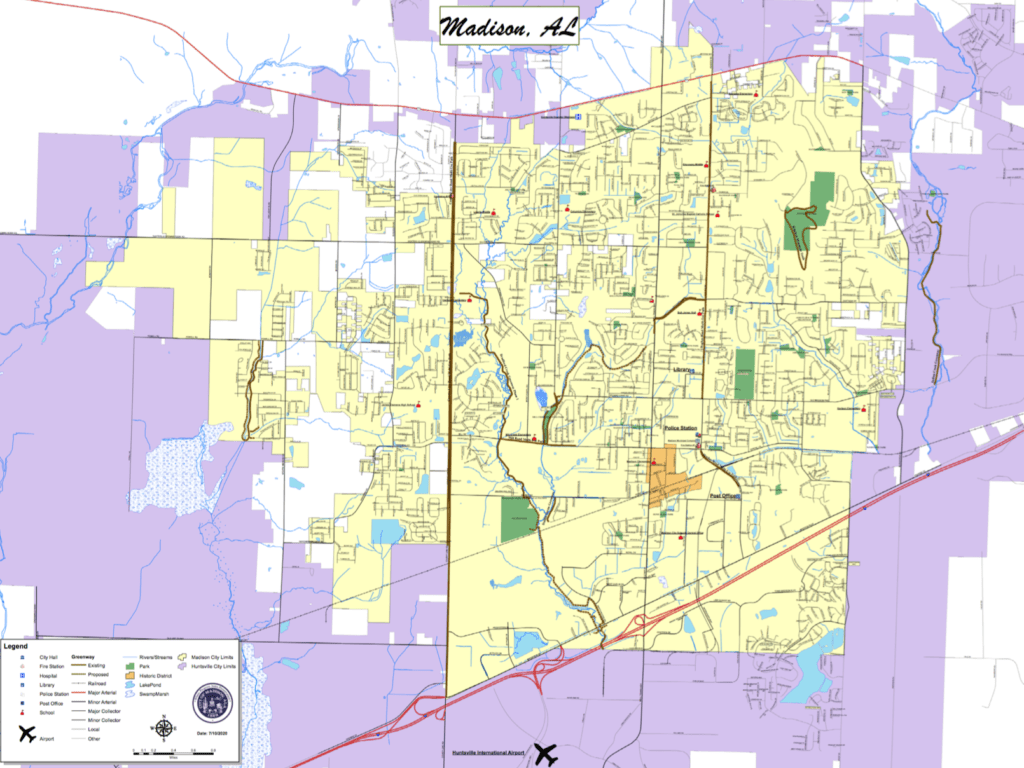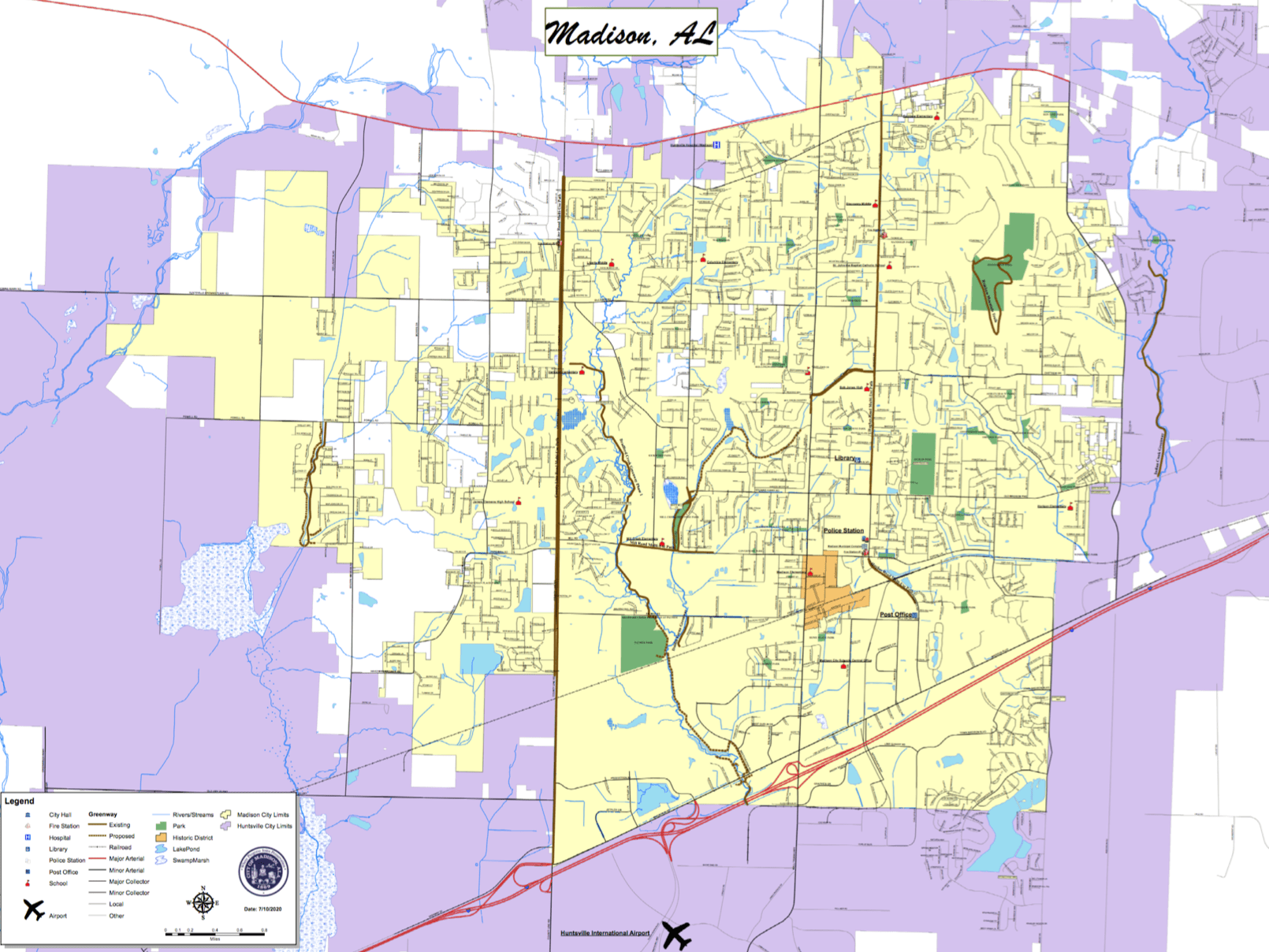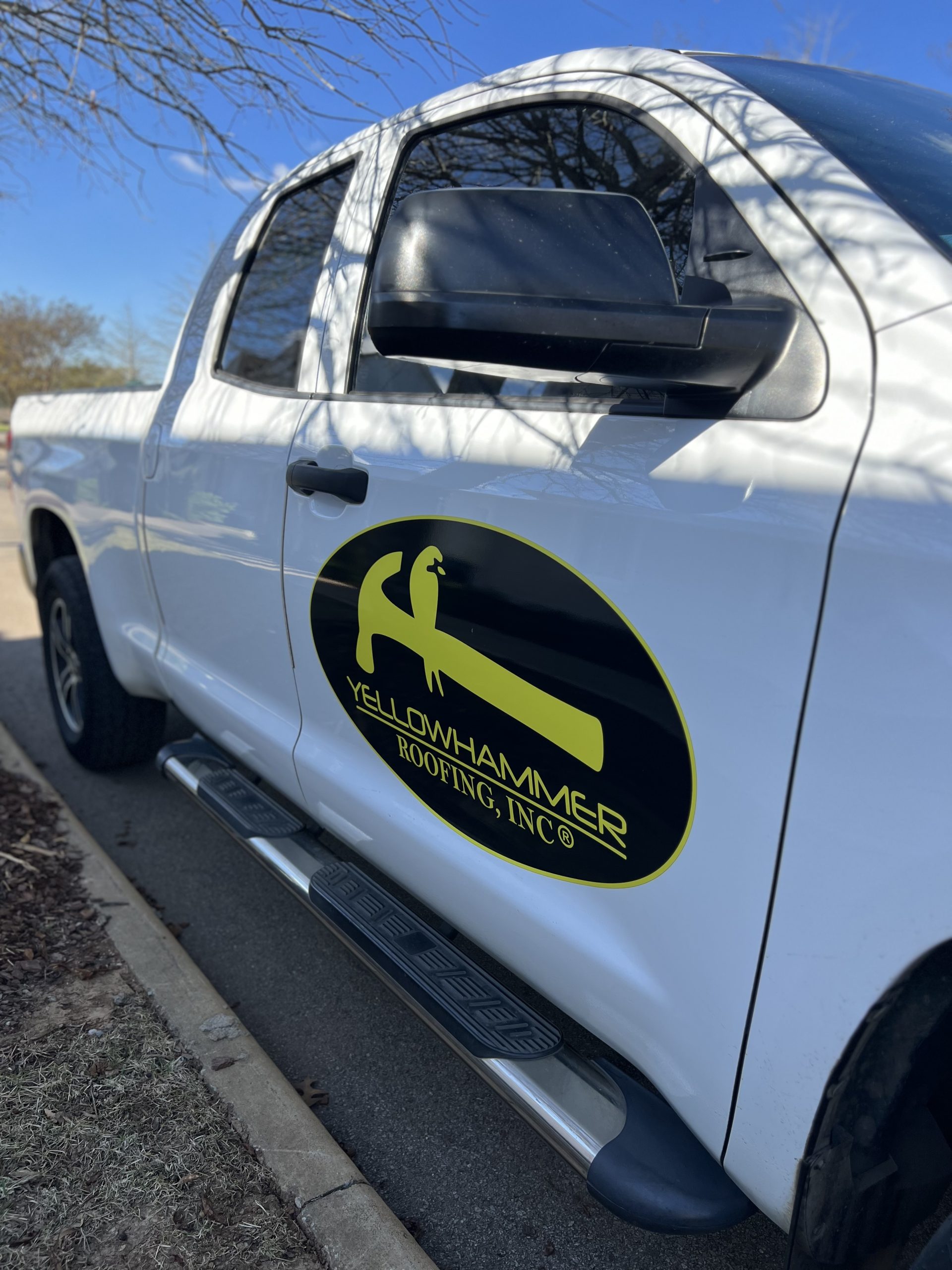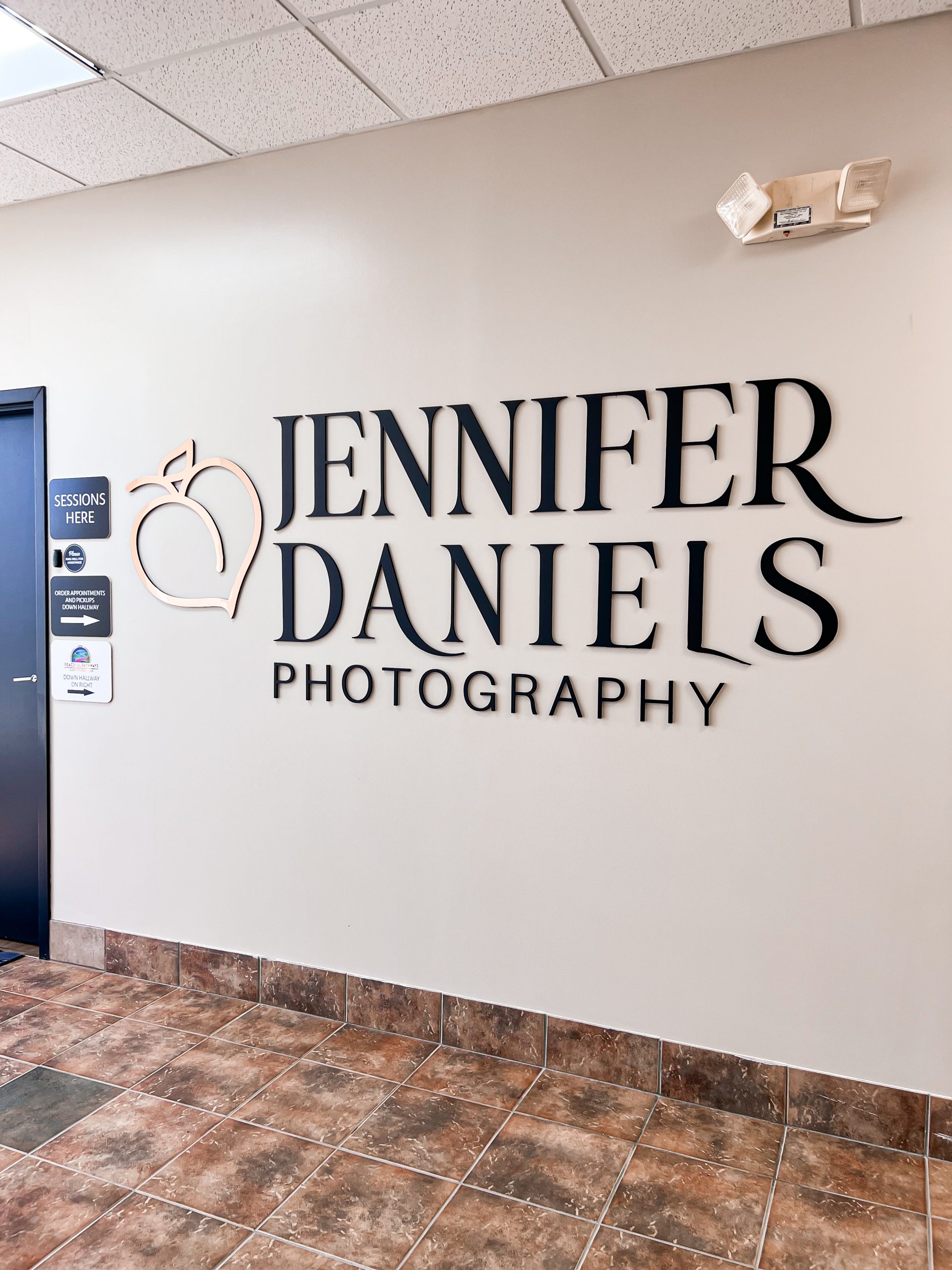This article is brought to you by the KEYFINDERS Group.
If you’ve ever looked at a map of our city limits and wondered if a toddler made a few quick marks, you’re not the only one.
Often I cover new businesses on this website that are later met with comments like “But that’s not technically Madison”, even though all of its neighboring businesses are. These frequent comments sent me on a quest to figure out what is officially considered “Madison City Limits” and what’s not. I’ll be honest that when I wrote the story about Freddy’s back in June and was then met with these comments, I was dumbfounded. How could a business right in the heart of Madison not be considered Madison? It’s true though; a tiny speck of Balch Road is annexed into Huntsville.
It was finally time to get to the bottom of this. Anyone can go online and find the map to study, but I wanted some answers as to why (in the world!) this happens. And I’m here today to share my findings with you.
Psst: This website covers all things Madison, whether that’s a business with a Madison address, a business that comes to and serves Madison, the Limestone County side, the Huntsville City Schools portions, etc. If it’s directly tied to or relevant to Madison, you’ll see it on All Things Madison eventually. So, there’s that clarification. 😉
Last week I sat down with Mayor Paul Finley and Communications Specialist Samantha Magnuson to discuss our city limits at length. Here’s what I learned.

Many Madison residents fit our city inside a box: HWY 72 is north, County Line Road is west, Madison Boulevard/HWY 20 is south, and Slaughter Road is east.
It’s not quite that simple though, which is why our city limits are a cause of confusion for many.
When a landowner is ready to sell a piece of the pie, he or she has a substantial say in where that land is zoned. Zoning must remain contiguous (touching), so if a landowner has a portion of Madison and Huntsville that touch their land, they then have some decisions to make with the cities and the developers about who gets that land.
If you look at the map below of our city limits, you’ll notice a large chunk of Huntsville (in purple) around Madison (yellow). It’s all contiguous. There are actually a few very small pieces of privately-owned land in central Madison that aren’t technically annexed into Madison (in white), but those areas cannot be sold to Huntsville in the future because there are no other Huntsville areas that it would touch.

In short, if a piece of land is only surrounded by one city, then that land can only be annexed into that city. If it’s surrounded by more than one city, than there are some decisions that need to be made.
A Little History
In the late 1990s, when north Alabama started seeing explosive growth, Madison’s focus was on being a residential “bedroom” community.
Huntsville on the other hand was focused on commercial growth due in part to longtime city development planner Dallas Fanning. Fanning had a vision for Huntsville and recognized that what drove the city to expand was sales tax dollars.
Mayor Finley shared that Fanning began the process of purchasing land west of Huntsville because he had a vision of where future growth would come from (the Madison area).
When Finley came into office in 2008, he recognized that many businesses with a Madison address were actually in Huntsville, and he had a big issue with our money leaving our city.
The old adage is true though that it “costs money to make money”, and years ago Madison was missing opportunities to bring in big commercial money-makers simply because the city wasn’t able to economically invest just yet.
For example, though Home Depot has a Madison address, it’s inside Huntsville jurisdiction. Our city receives the sales tax money from Lowe’s, but not Home Depot. Though Madison had the opportunity to acquire Home Depot before it was built, they couldn’t make it work economically due to the need for a new sewer system on that stretch of HWY 72.
Huntsville could make it work though because they already had a sewer system, so they then acquired Home Depot and all of the businesses to come along that stretch of HWY 72 (Khol’s, Outback, etc.)
When educating on this topic and our city’s history, Finley continually circles back to the concept that years ago Huntsville had the foresight to take the businesses while Madison laser-focused on houses.
In the mid-2000s, Madison City officials noticed that Huntsville was acquiring land in Limestone County, which did not sit well with them. They then subsequently did a “land grab” in the Huntsville-Brownsferry vicinity, and now looks forward to the commercial development to come in this area.
Finley shared that when he came into office in 2008, he began to hit the ground running with economic development in Madison.
“We started selling Madison professionally, which led us to land The Shoppes of Madison.”
This commercial area, known to many as the Target shopping center, cost Madison approximately $8 million to develop, but Finley says that that investment was well worth it. He explained that that shopping center brings in approximately $2 million annual for our city, with approximately $350k of it going directly to our school system.
This is one example of why it’s important to know where you are shopping and which community the tax dollars are benefitting.
There was a bit of controversy a few years ago about where the minor league baseball stadium and its surrounding community of commercial and residential properties would be built, but ultimately the city of Madison was able to secure the deal. Though our city is responsible for developing this area, Madison will also receive the revenue for decades to come.
Magnuson shared that many community members had “sticker shock” about the upfront investment from the city, but financial experts confirmed that Madison would see a great return on investment thanks to future businesses that will pop up there in the very near future.
Another area that has caused many Madison community members to scratch their heads is Clift Farm. I shared a lengthy video explaining the ins and outs of this development that’s worth a listen. I discuss the transition of tax dollars from Publix and Chick-fil-A, if Madison will ever annex the property, where the residents of this community would go to school if annexed into Madison, and ultimately if it would be financially worth it to make this development a part of Madison City Limits.
If the video will not play or shows an error, it can be viewed on Facebook.Mayor Finley says that while “we want every piece of sales tax that we can get to benefit our city, we are also locked and focused on managing our growth.” He continued to say that “we will not make a decision about Clift Farm until we have a full understanding of what it costs, what we will get, and how it will impact our schools.”
In summary
All land in our area begins as a part of Madison County or Limestone County. Landowners then work with commercial and/or residential developers to determine what city they want to sell it to. Land can only be annexed into a city that it is already touching (even if it’s just a small corner).
This is why our city limits are a bit confusing. Yes, it’s possible that a business has a Madison address (because of where it is physically located) but technically fall under Huntsville or Madison County jurisdiction.
Previous Moving to Madison Monday Posts
Week #1: Nine Reasons Why People Love Living Here
Meet the October Sponsor of “Moving to Madison Mondays”
KEYFINDERS Group

KEYFINDERS Group understands that buying or selling a home is more than just a transaction: it’s a life-changing experience. That’s why our team of highly-seasoned real estate professionals is dedicated to providing exceptional, personalized service for all of our clients. We take great pride in the relationships we build and always work relentlessly on the client’s behalf to help them achieve their real estate goals.
To inquire about using KEYFINDERS Group for your upcoming real estate needs, please email Katie or find them on Instagram.
More from Madison
Just Love Coffee Cafe: Coming Soon to Serve a Full Menu & Our Community
All About Vintage 72: What You’ll Find, How to Sell, and Market Days






